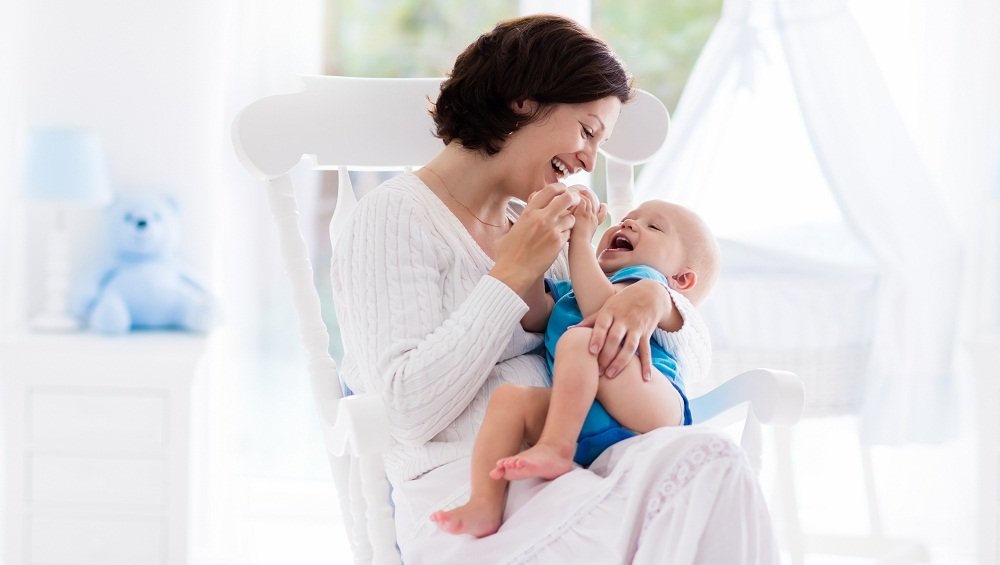Each time a woman is anticipating a young child she has nine weeks to desire how it will be to obtain that very little pack of happiness in the existence. She readies to the upcoming childbirth by permitting your house all set for the baby, and she daydreams of keeping the baby, snuggling together with the baby, and she will notice the really like that she has for that baby increasing inside her just like the infant is increasing.
When a woman has her baby and begins to feel completely unhappy, weak or vacant, she fails to know what is happening. She will believe that her feeling of loneliness, her lack of desire for food, and her lack of ability to focus, or get a better postnatal care are normal and this she is doing something wrong due to the fact she is not experiencing the thrill, and elation she thought she would really feel when her baby showed up.
During the hormone changes that exist in a woman’s entire body soon after childbirth lots of women are afflicted by a case from the baby clues. The baby blues only previous for a few days, and they are generally gentle sensations of misery, and quite often the women who have them sense let down. Postpartum depression is not really the baby blues. Postpartum depression is a critical issue which can cause a woman to injure herself, or her baby. Postpartum depression is treatable when you understand the indicators and request your OBGYN for support.
There are various risk factors for postpartum depression.
- Should you suffer from depression throughout the pregnancy you might build it?
- A household history of depression is highly recommended
- In case the woman lacks an effective support program in place
- Women that have high stress levels in life are affected from postpartum depression more frequently than females with reduced levels of stress. What causes the stress might be actual limitations, financial, or lacking psychological assist
- Women who have premenstrual disorder that may be extreme may suffer from postpartum depression
Confer with your doctor concerning the risks you might have for your illness when you are pregnant. This will help you to establish a course of action in the event you do create submit-partum depression. An effective partnership along with your physician and their health-related staff members are your greatest protection towards postpartum depression.
